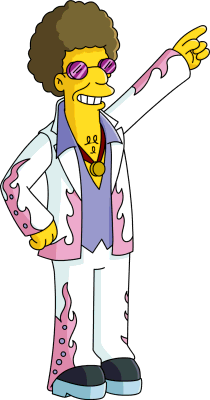lastflowers
Banned
So, a few things now that I am at a keyboard.
1) The whole banking industry is not complex-instrument-making villains. In fact, most of the institutions and people making those instruments THOUGHT THEY WERE GOOD! Hence so many of the banks being in deep trouble because they themselves invested in those instruments. There certainly were some people who figured it out and still pushed these instruments, but the majority of the banks were also victims of the bubble's collapse. Generalizing the industry to all bad-actors is simplistic stuff that makes a good stump speech but makes lousy policy. You know what else the financial industry does? Takes care of your retirement funds. Lends money to businesses to create jobs. If you really want to make bank reforms that help people (beyond what's been done in Dodd-Frank), then pass laws to limit credit card rates that used to be illegal, and put a reasonable cap on ATM fees and overdraft fees. And have the government take over the ratings agencies (and fund them).
2) HFT is not some boogeyman. There's good and bad in it, and the bad is front-running and algorithmic risk-- but mainly, HFT is taking tiny fractions of trades in exchange for market making and liquidity, which are good things. Most HFT people are the equivalent of people who collect deposit bottles that other people threw away. I worked in HFT for a long time and it's mainly a tech arms race with some potential risk, than some fraudulent behavior.
3) Banks didn't go from one to another. Banks are vast and full of different businesses and areas of focus. Banks engaged in bond funds, CDOs, and HFT and a lot more and will continue to do so. The only thing that's changed is people's perceptions, and HFT being a hot item to scrutinize because it's boomed. It actually fell off a ton for a while after the collapse, because it requires market volume, and trading slowed to a crawl in 2009. Bad times for HFT.
I think you might mis-characterize my opinion. I don't think the majority of ANY industry is corrupt. I think there are major actors that let slide immoral and unethical activity with the express purpose of keeping internal information private, often for their own gain. Most people that work at any given company are often unaware.
While I generally agree with a lot of these points, many are completely irrelevant. How would you respond to Michael Lewis' "Flash Boys," and the wide swathes of deeply shady activity and anti-consumer/investor practices? Or perhaps "Liar's Poker," and its pages replete with immoral and unethical behavior? Or perhaps is he just a no-nothing journalist. It's possible, I've been duped before.




